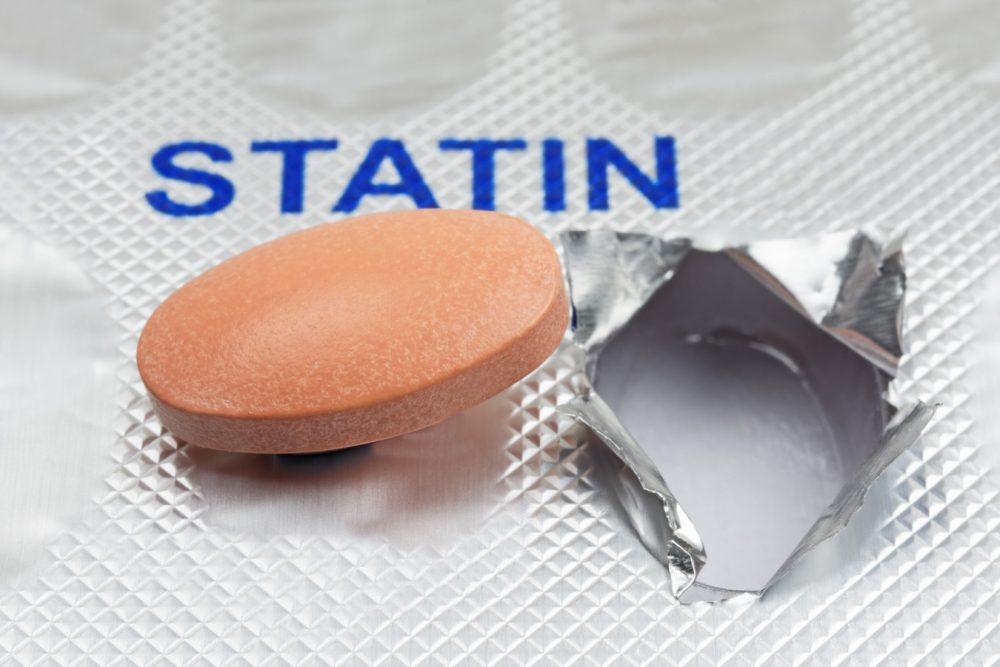Advertisment
Meta-analysis shows low risk of muscle pain from statins

In over 90% of cases, statin therapy is not related to muscle pain, researchers from a large new study reported on August 29, 2022 in The Lancet.
“The idea that statins may cause frequent muscle pain has been a persistent belief among some patients and clinicians, however our study confirms that the statin is rarely the cause of muscle pain in those taking statins,” said co-author Professor Colin Baigent, Director of the Medical Research Council Population Health Research Unit at the University of Oxford, UK. “These findings suggest that if a patient on statins reports muscle pain, then it should first be assumed that the symptoms are not due to the statin and are most likely due to other causes. Statin therapy should continue until other potential causes have been explored.
The new meta-analysis included data from statin trials that had enrolled at least 1,000 subjects and had a treatment duration of at least 2 years.
The investigators identified 19 double-blind trials of statin versus placebo (n=123,940) and four double-blind trials of more intensive versus less intensive statin treatment (n=30,724).
They reported that, among the 19 trials (average follow up of four years), 27.1% of subjects treated with statins (16,835/62,028) reported muscle pain or weakness, compared to 26.6% of subjects who had received a placebo (16,446/61,912).
They also reported that, during the first year of treatment, statin therapy produced a 7% relative increase in muscle pain or weakness compared to placebo.
Notably, after the first year of treatment, the investigators found no significant difference in reports of muscle pain or weakness between subjects who had received statin therapy and those who had received a placebo.
They said that the subjects who developed muscle symptoms related to statin therapy did not usually stop their statin treatment. This suggested that the muscle pain or weakness caused by a statin was mild.
The investigators also evaluated four trials of more-intensive versus less-intensive statin therapy. They found no clear evidence of a dose-response relationship.
But they noted that, in the first year of treatment, higher intensity statin treatment caused an 11% increase in the risk of muscle pain compared to placebo, and moderate-intensity statin treatment caused a 6% increase in risk compared to placebo.
After one year, higher-intensity statin treatment caused a 5% relative increase in muscle pain or weakness compared to placebo. This suggests that higher-intensity treatment entails more risk of muscle symptoms in the first year than moderate-intensity treatment, and there is a low risk of such symptoms appearing beyond year one.
“Our research shows that whilst people on statin therapy may develop muscle symptoms, it is important to note that people not on statins also commonly get such symptoms.” said Dr Christina Reith, Senior Clinical Research Fellow at Oxford Population Health and a co-author of the study. “For people on statins who do develop muscle symptoms, most of the time statins will not be the cause. We hope that these results will help doctors and patients to make informed decisions about whether to start or remain on statin therapy, bearing in mind its known significant benefits in reducing the risk of cardiovascular disease.”





